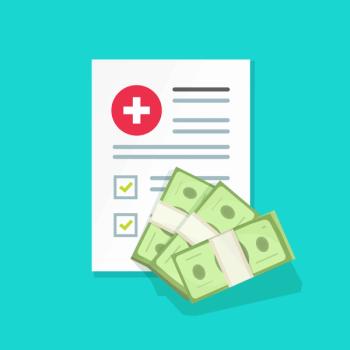
Fraud, Waste and Abuse in Healthcare Claims and Who It's Affecting
Clay Wilemon, CEO of 4L Data Intelligence addresses how fraud, waste and abuse in healthcare is an issue caused mainly by overbilling.
"You know, as a system, we are overpaying for healthcare in many cases, and that shows up as fraudulent activity, wasteful or abusive billing," Wilemon said in the conversation. "Why is it an issue now? Healthcare is a $4 trillion market in the United States. It's a lot of money. It's the biggest segment of our economy, and we're all dependent upon it. Costs just keep escalating."
It's estimated that fraud, waste and abuse is somewhere between the low end $250 billion a year and on the high-end estimates as much as $800 billion.
Wilemon added if we can eliminate that overpayment dynamic, then that makes healthcare more accessible and it reduces the cost to companies, to taxpayers, and to individuals who are seeking healthcare.
As for who is affected by the overpayment issue, ultimately, it's everyone.
First, employers get hurt because their their costs are going up every year. Employees' co-payments go up and their percent of healthcare they have to pay for goes up. Next, taxpayers who pay for Medicare and Medicaid, they get hurt through government budgets.
"There's a segment of the market that we don't think about often (that) is getting hurt. The people that get hurt often are the actual healthcare providers who are providing good healthcare at a good value every day to their patients," Wilemon added.
Healthcare providers get hurt because as costs skyrocket from fraudulent, wasteful and abusive activity, payers of healthcare look to control costs. Often, it's the good providers that are getting compressed as they try to control costs across the board.
"Frankly, good quality healthcare providers should be the biggest cheerleaders for efforts to stop fraud, waste and abuse," he concluded.
Newsletter
Get the latest industry news, event updates, and more from Managed healthcare Executive.























